Selecting Laboratory Bottles: The Advantages of Glass, Plastic, Aluminum, and PTFE
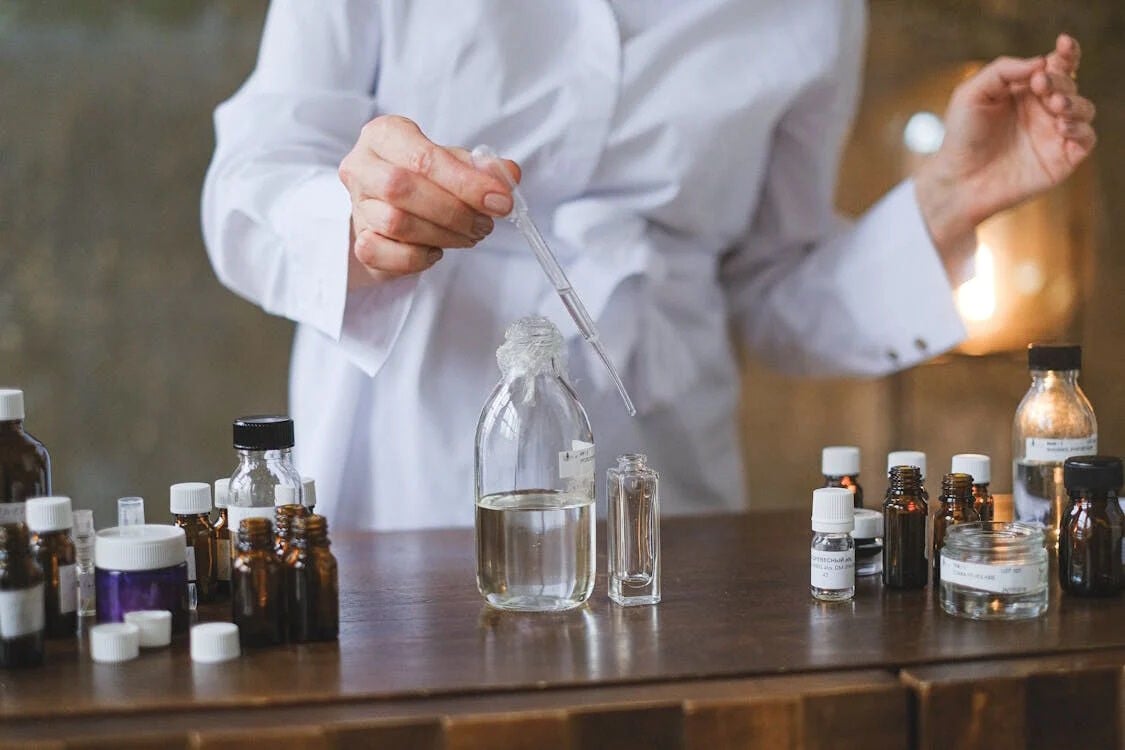
Bottles, one of the most essential items used in laboratories, are often employed to store and protect chemicals and solutions. They come in various materials and designs, each serving specific purposes such as chemical compatibility, durability, and safety. Choosing the right laboratory bottles can make a significant difference in experiments and research outcomes. Whether you are selecting between plastic, glass, Teflon, or aluminum bottles, understanding their advantages, disadvantages, and ideal use cases is essential.
Glass Bottles are crucial in handling a wide range of chemicals due to their transparency, inertness, and durability. Clear glass bottles allow easy visibility of contents, making them ideal for storing aqueous solutions and reagents that do not degrade in light. Amber glass bottles, on the other hand, provide UV protection, which is crucial for preserving light-sensitive substances such as pharmaceuticals and dyes in laboratories where chemical stability is paramount.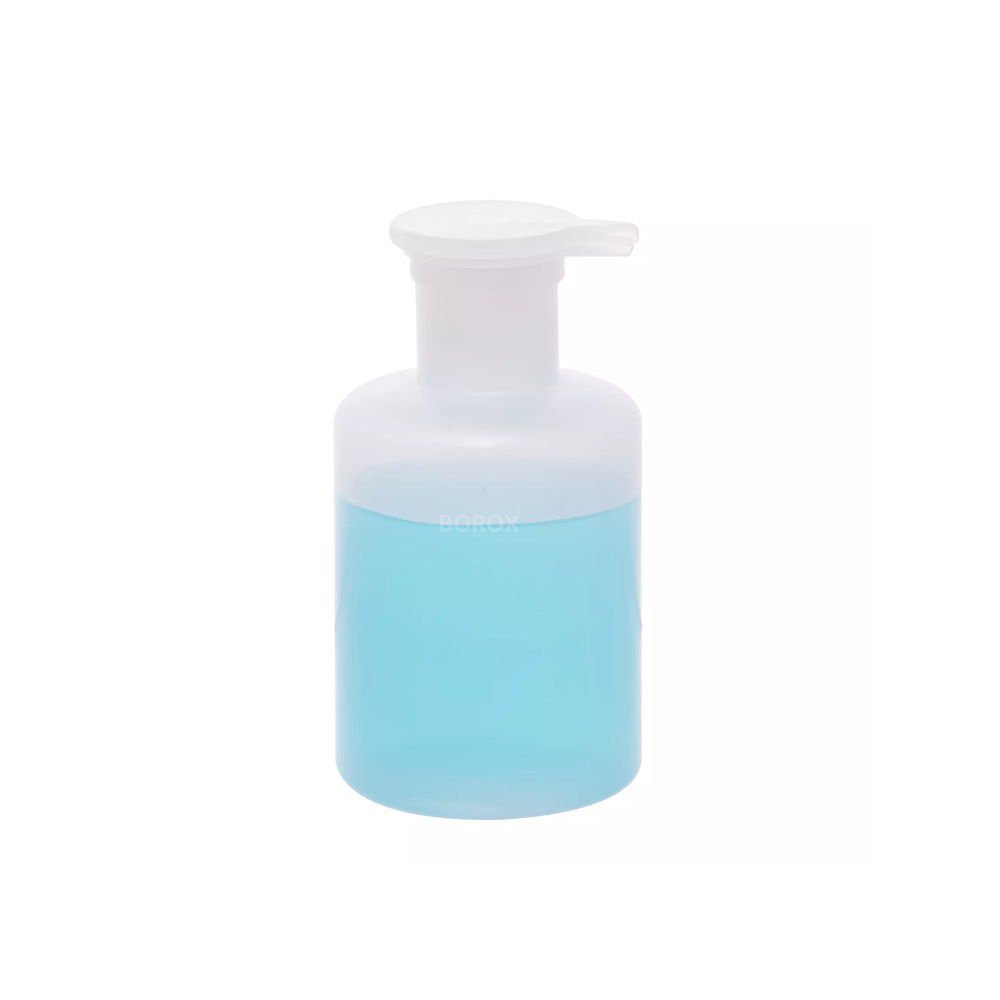

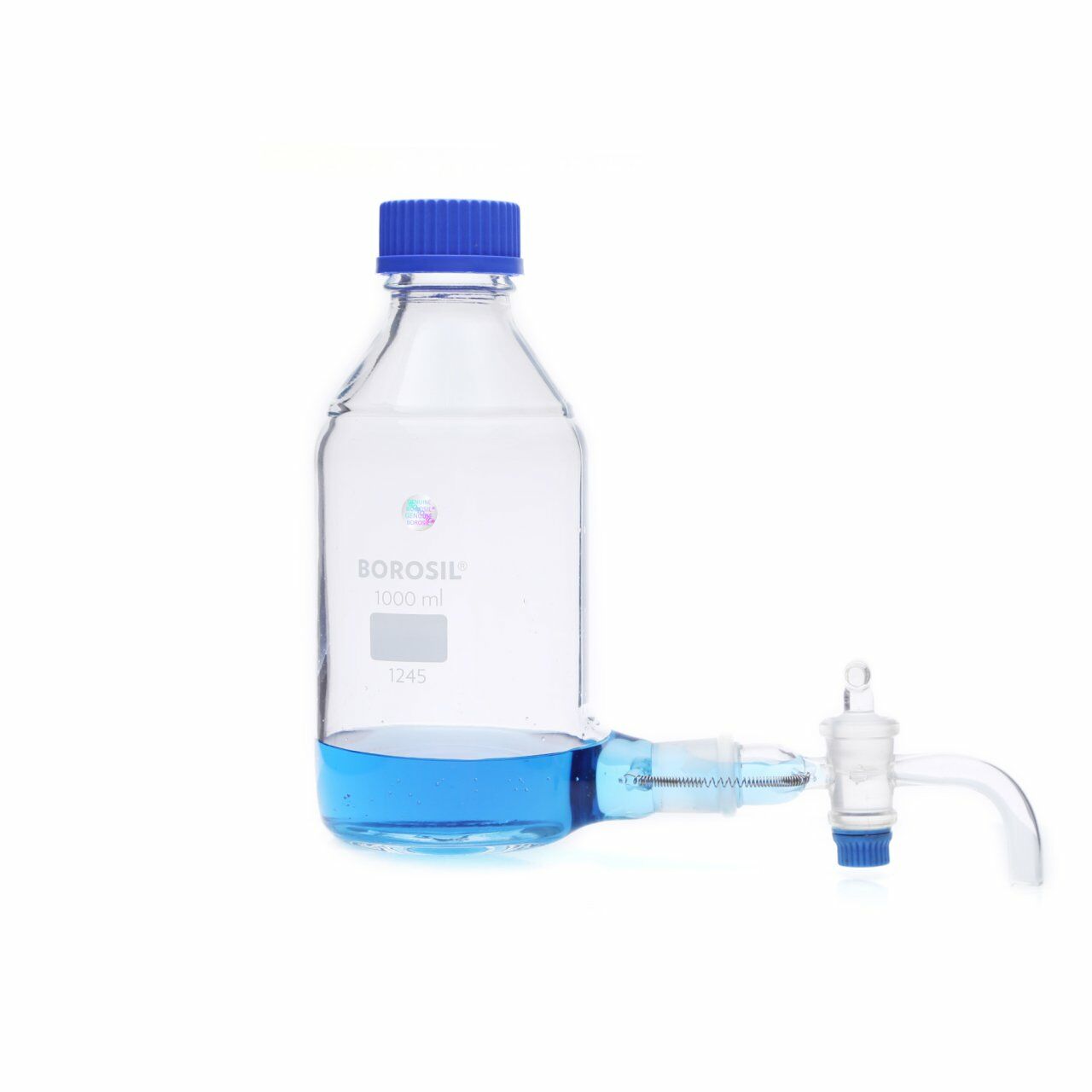
Plastic Bottles offer clear advantages over glass bottles, including durability, lightweight structure, and safety. There are three main types of plastic bottles used in laboratories: HDPE, PP, and LDPE bottles.
Aluminum Bottles provide portability and safety advantages due to their lightweight structure and durability. They help protect contents from UV rays while keeping them securely sealed. Additionally, the metal surface of aluminum bottles aids in preserving the contents for long periods without degradation and offers resistance to chemicals.
PTFE Bottles are ideal for storage, as they are made of 100% PTFE, which provides excellent chemical resistance. They can be safely used continuously from -270°C to 280°C. PTFE bottles are autoclavable and can be used safely in most chemical compounds and corrosive environments.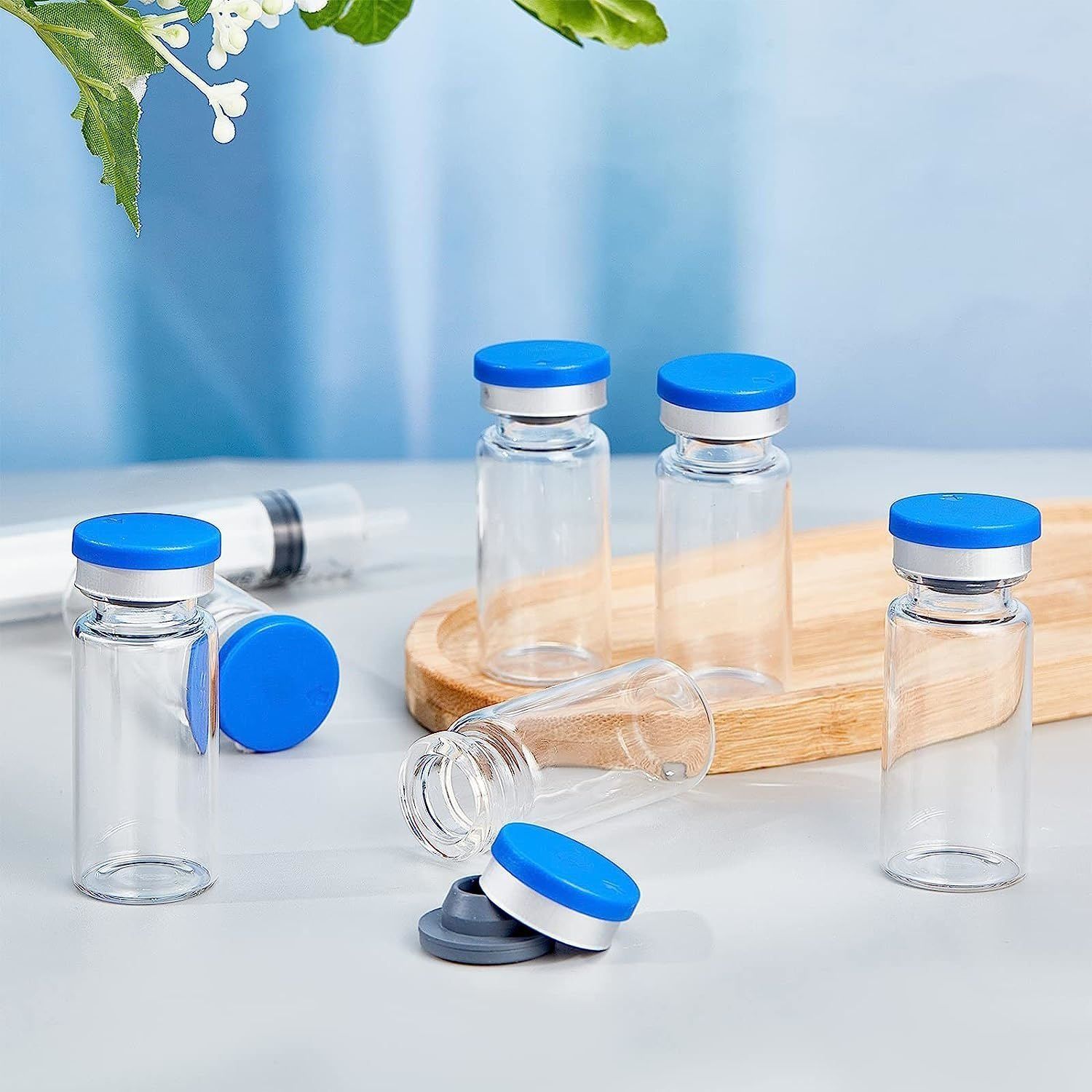
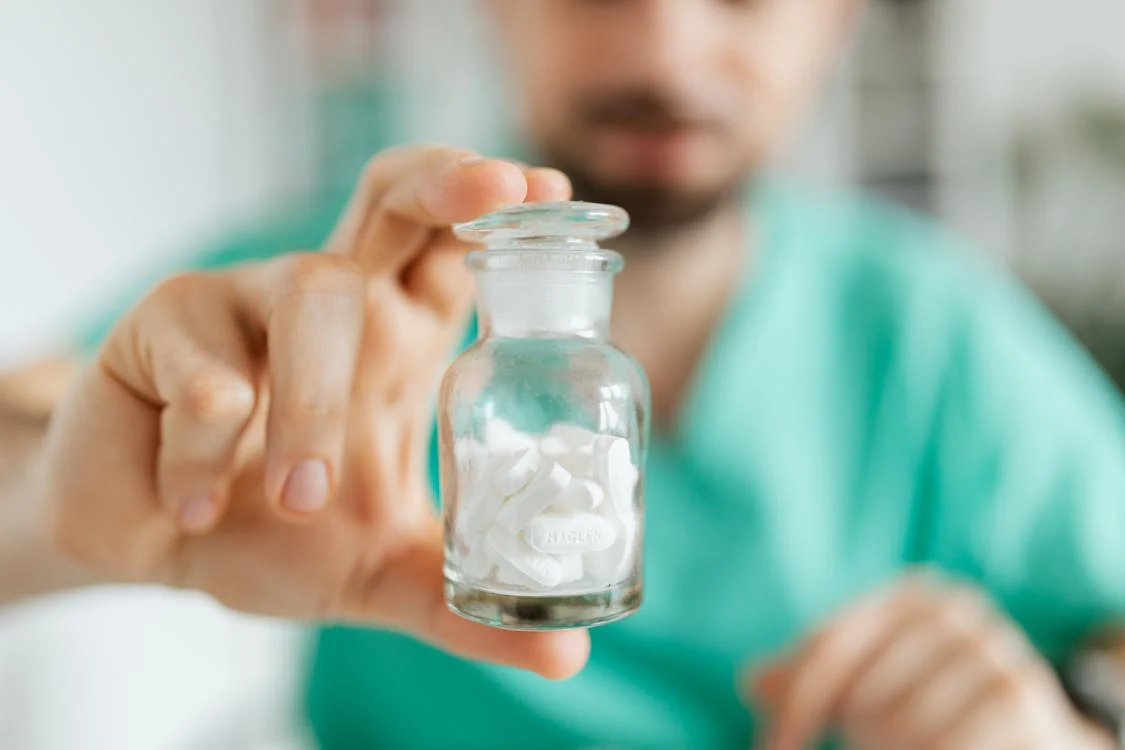
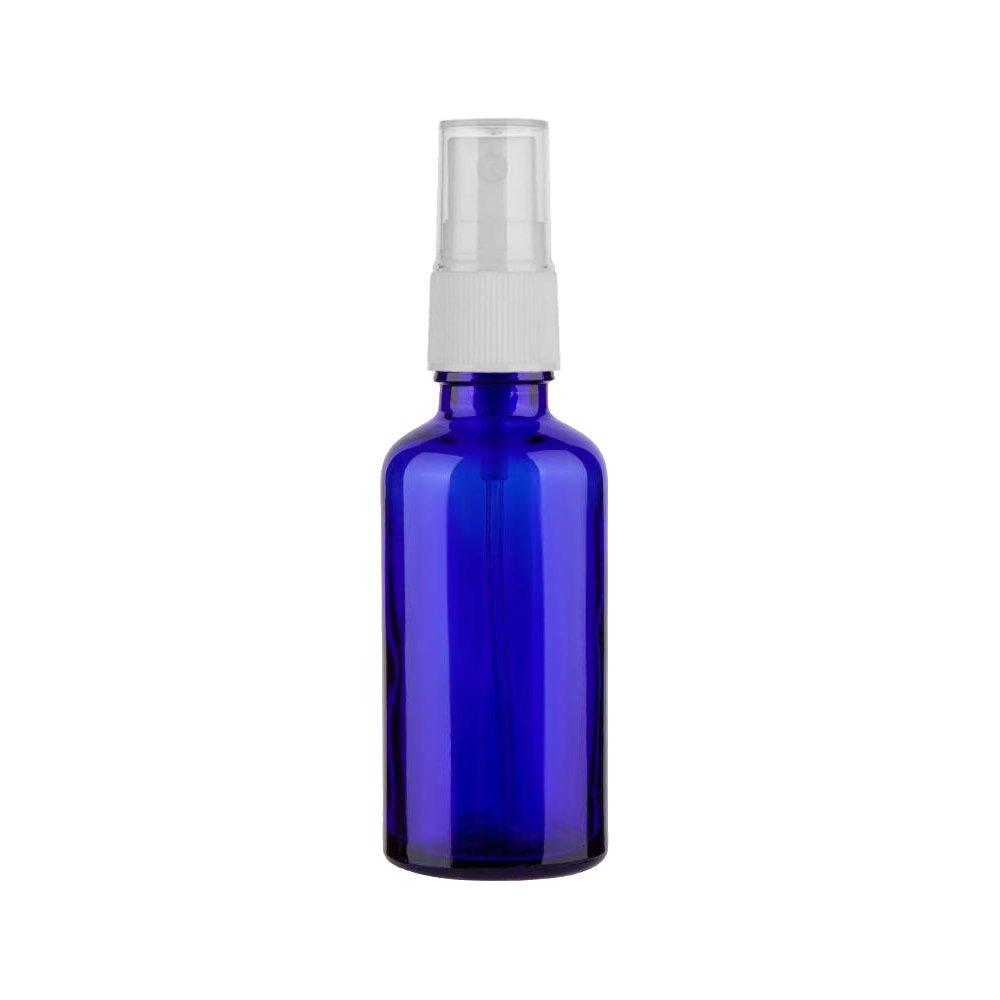
- Chemical Compatibility: When selecting a laboratory bottle, it is essential to ensure that the chemical being stored is compatible with the bottle material. For example, chemically inert bottles like PTFE may be ideal for strong acids and bases, while plastic bottles may suffice for lighter solutions.
- Durability and Safety: Aluminum bottles provide secure storage by protecting their contents from UV rays, while glass bottles offer the advantage of easy content visibility due to their transparency.
- Proper Storage Conditions: Amber glass bottles are preferred for light-sensitive samples, while dropper or aspirator bottles can be used when samples need to be dispensed safely and accurately.
- Cap Selection: Locking caps or PTFE caps can help protect samples from external factors while also preventing chemical evaporation and leaks.
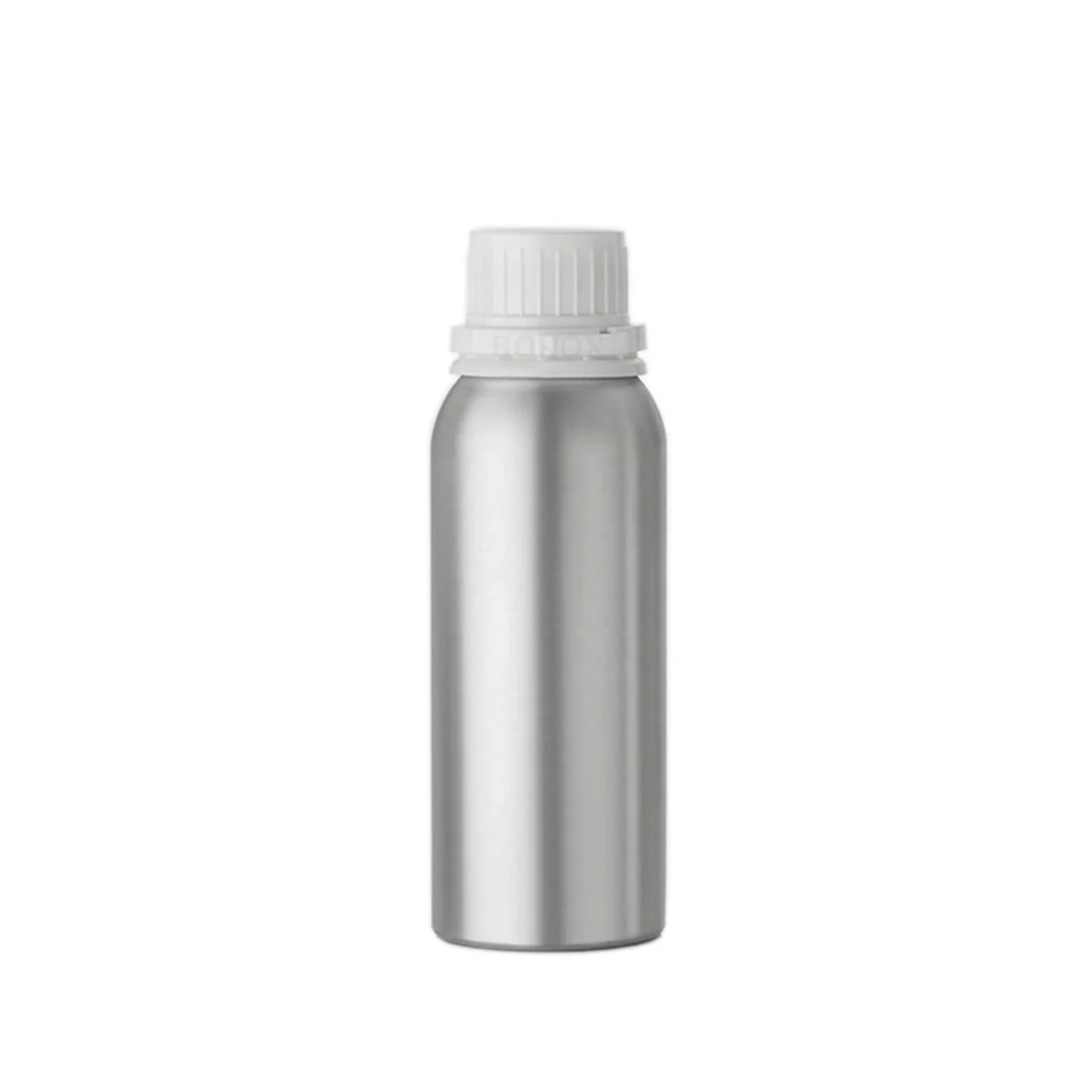
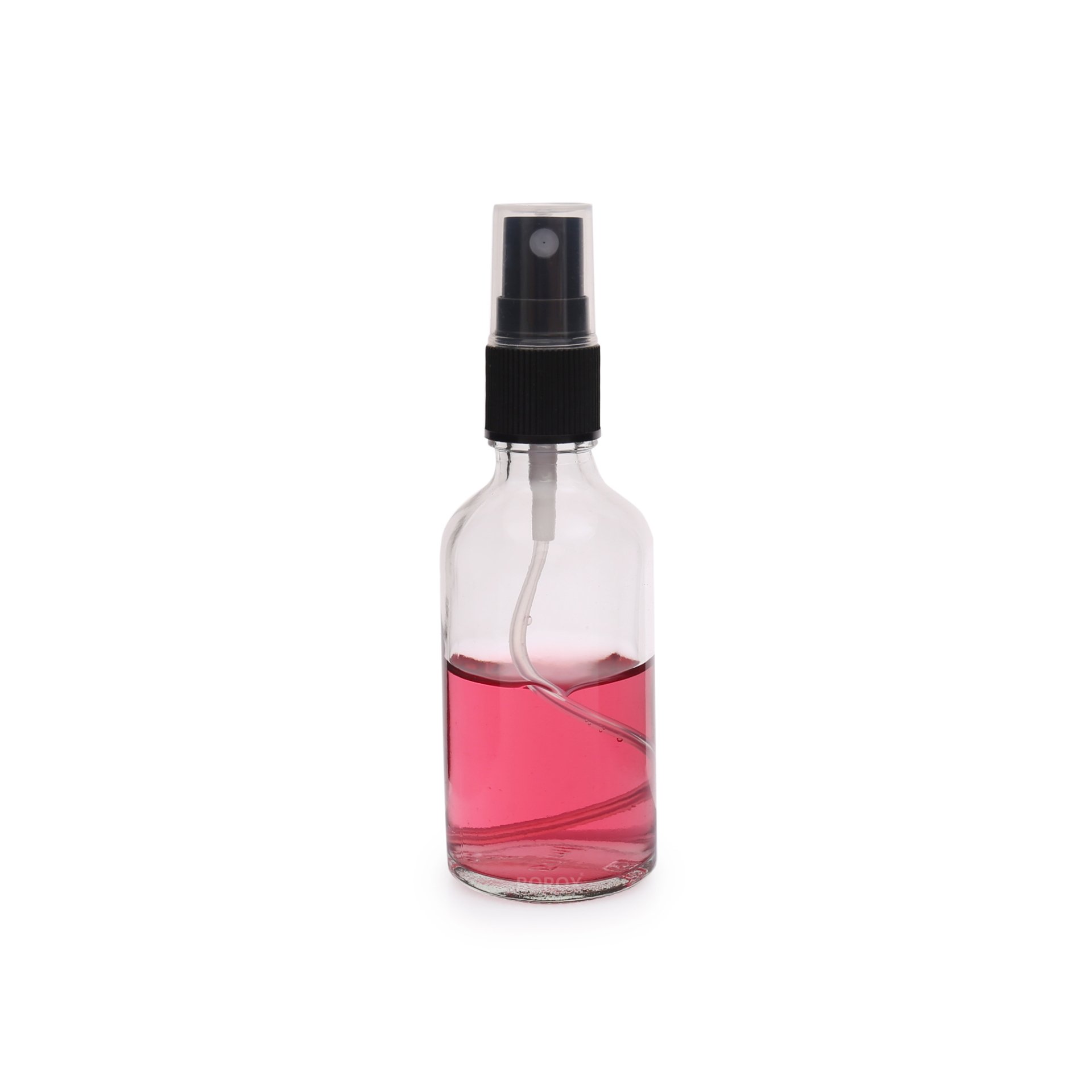

Consider the impact, cost, and latest innovations when selecting bottles to ensure the success of your experiments. Choose the best bottles for your needs from Blab Market. Visit our website to learn more about scientific innovations.
